How do you identify an undergraduate research mentor? Here are some things to consider.
- What are your research interests? Think about your general interests, and what you might want to spend a year reading and writing about.
- Visit your department’s faculty research page. Read about the different faculty’s research interests, and see who is doing research that interests you.
- Ask around. Are there other students who are doing research this year? Perhaps you’re a junior and you know some seniors working on honors theses this year. Ask them for advice on whom to work with.
- Talk to your honors (or other) adviser. If you chat to them about your research interests, it may help you to narrow down whom you might work with.
- Keep in mind that some faculty require that you work on their research projects at least one semester BEFORE you begin your independent research project like a thesis. Therefore, even if you do not plan to graduate in the next couple of semesters, you should consider getting involved in research earlier. I’ve previously discussed other reasons you should get involved in research.
- Once you have identified one or more potential research mentors, you will need to email them. This email is very important because it is the professor's first impression of you. Please consider my advice when sending this particular email, and also when sending emails more generally:
1. The greeting.
You cannot go wrong by starting the email "Dear Dr. Smith" (well, unless you're writing to Dr. Jones; obviously you need to put in the faculty member's correct name). Some faculty are comfortable with being addressed more casually, but others are not. But no one will be offended if you're too formal, and someone could easily be offended by being too casual. Don't risk it with "Dear Firstname," "Hey," "Hi Firstname" or launching right into the message. You might think that “Hey professor” or “Hi professor” sounds respectful, but how would you feel if your professor emailed you with the greeting “Hey student”? The important thing to remember: Most faculty were students and professionals in a time before texting, Instagram, Snapchat, and yes, even Facebook (and for many of us, before email), and are used to more formality in writing. Avoid Mr./Ms./Mrs./Miss. They are almost never appropriate.
2. Briefly introduce yourself, and why you're writing.
3. Make it clear that you've done your homework before sending the email. Say something about the work of the person you're emailing, such as "I am very interested in your research on how interactions with parents relate to adolescents' mental health."
4. Don't assume that someone will immediately agree to be your research mentor. Most of the time, faculty will want to meet you in person, talk more about your interests, and see if it's a good fit.
5. Don’t assume that the professor can meet with you in the next few days. Or at one specific time that would be most convenient to you. Ask about general availability to meet, and be flexible about when you can meet.
6. You may also have to be flexible if you have very specific interests, and no one in the department studies that topic. If you email someone and start by saying "I want to do a research paper on sexual predators on social media" and that's pretty far from the professor's own research, s/he may be less responsive than if you describe general interests in social media, or sexuality, and then meet with him/her to discuss it further. Remember, too, that your research paper does not have to be on exactly what you want to do for the next 10 years. You will gain extensive experience and knowledge by working with your research mentor, so be open to other ideas as well so that the mentor relationship can benefit you both.
7. Reread and spellcheck your email! Demonstrate in your first communication that you are a careful and serious student who writes well.
These steps will not guarantee that the person you ask will say no. But they will increase your likelihood of a positive response, and make a good impression in the process.
“How to identify and secure an undergraduate research mentor first appeared on Eva Lefkowitz’s blog on November 13, 2018.”

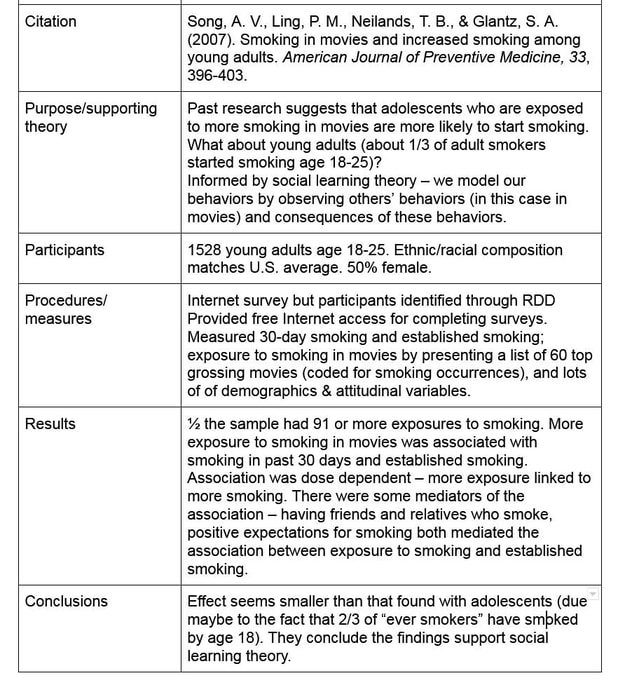
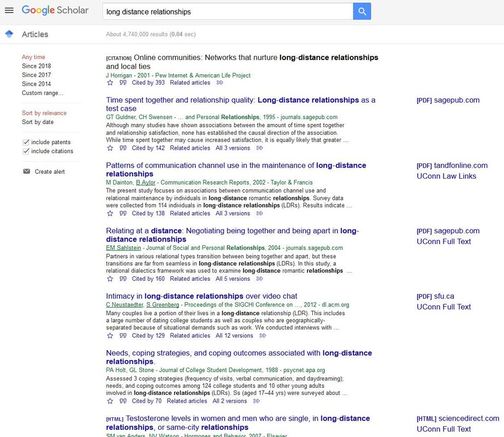
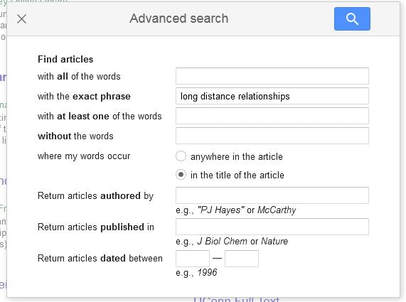
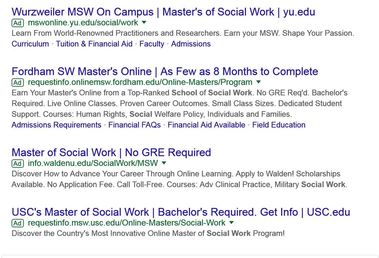
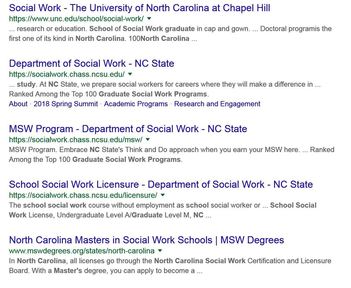
 RSS Feed
RSS Feed
